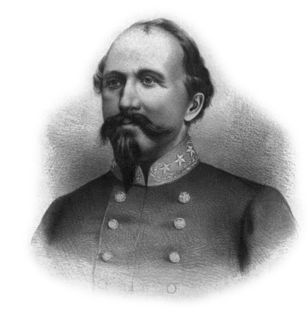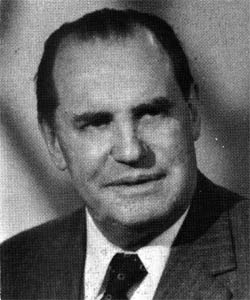A Quote by Edgar Allan Poe
The mental features discoursed of as the analytical, are, in themselves, but little susceptible of analysis. We appreciate them only in their effects. We know of them, among other things, that they are always to their possessor, when inordinately possessed, a source of the liveliest enjoyment.
Related Quotes
I guess I'm a really analytical person, but when I'm writing, all that stuff goes behind a screen. Analysis and taking things apart is really important and really interesting, but it's the direct opposite of creating something, which has to do with taking things and putting them together and hoping to make something unique that's more than the sum of its parts. And you can't do that with analysis, you can only take things into smaller and smaller pieces.
People hired by government know who is their benefactor. People who lose their jobs or fail to get them because of the government program do not know that that is the source of their problem. The good effects are visible. The bad effects are invisible. The good effects generate votes. The bad effects generate discontent, which is as likely to be directed at private business as at the government.
The fact that men have a same origin and live in the same universe means that they are representatives of a same unity. Deep down, they are also related (or connected) among them; that they consider (or not) themselves as strangers, this just depends on the feeling (or sensation) that dictate their relationships. In their country, two fellow coutrymen whose paths berely cross (or see each only only briefly) with inferrence, would effusively rush themselves up (or throw themselves) into each other arms if they would happen to meet in a desert, among Cannibles.
Since I have known God in a saving manner, painting, poetry, and music have had charms unknown to me before. I have received what I suppose is a taste for them, or religion has refined my mind and made it susceptible of impressions from the sublime and beautiful. O, how religion secures the heightened enjoyment of those pleasures which keep so many from God, by their becoming a source of pride!
Contradictions have always existed in the soul of [individuals]. But it is only when we prefer analysis to silence that they become a constant and insoluble problem. We are not meant to resolve all contradictions but to live with them and rise above them and see them in the light of exterior and objective values which make them trivial by comparison.
The Analytical Engine has no pretensions whatever to originate anything. It can do whatever we know how to order it to perform. It can follow analysis; but it has no power of anticipating any analytical relations or truths. Its province is to assist us to making available what we are already acquainted with.
If they had only themselves to consider, lovers would not need to marry, but they must think of others and of other things. They say their vows to the community as much as to one another, and the community gathers around them to hear and to wish them well, on their behalf and its own. It gathers around them because it understands how necessary, how joyful, and how fearful this joining is. These lovers, pledging themselves to one another "until death," are giving themselves away, and they are joined by this as no law or contract could join them.
What psycho-analysis reveals in the transference phenomena of neurotics can also be observed in the lives of some normal people. The impression they give is of being pursued by a malignant fate or possessed by some 'daemonic' power; but psycho-analysis has always taken the view that their fate is for the most part arranged by themselves and determined by early infantile influences.
Attachment brings misery, unattachment brings blissfulness. So use things, but don't be used by them. Live life but don't be lived by it. Possess things, but don't be possessed by them. Have things - that's not a problem. I am not for renunciation. Enjoy everything that life gives, but always remain free.
I have told you of the Spaniard who always put on his spectacles when about to eat cherries, that they might look bigger and more attempting. In like manner I made the most of my enjoyment s: and through I do not cast my cares away, I pack them in as little compass as I can, and carry them as conveniently as I can for myself, and never let them annoy others.







































